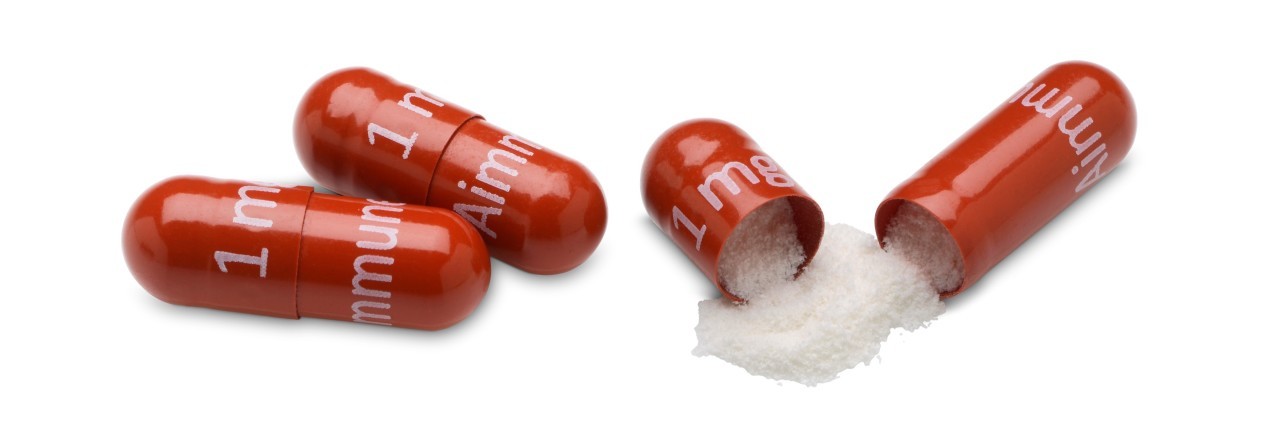On Friday, the U.S. Food and Drug Administration (FDA) approved the first drug treatment for children who have a peanut allergy.
Peanut allergies impact approximately 2.5% of children in the United States, and it’s the most common food allergy among kids. Of those, nearly 60% have experienced at least one severe reaction and 50% made an emergency room visit due to a peanut allergy-related complication at least once. Current treatment options primarily involve peanut avoidance and risk management through epinephrine auto-injectors.
Manufactured by Aimmune Therapeutics, the new drug is called Palforzia [Peanut (Arachis hypogaea) Allergen Powder-dnfp]. A peanut powder is packaged in Palforzia caplets that are broken open and the powder mixed with food such as applesauce, yogurt or pudding. It’s designed to work in three treatment phases that escalate over several months. Then patients must maintain the dosage indefinitely in the third phase to maintain a reduced intensity of a reaction to peanut exposure.
The FDA approved the drug use among children with peanut allergies between the ages of 4 and 17 after clinical trials showed a significantly higher tolerance for peanut exposure for those taking Palforzia compared to participants who did not. Palforzia was recommended for approval by an FDA review panel in September. While most panel members showed support for the drug, some expressed concern that the medication has to be taken continuously to maintain its benefit.
It’s also important to note Palforzia isn’t a cure for peanut allergies and it should be used in conjunction with avoiding peanuts and other food allergens as before. It’s also not to be used in emergencies, so those with peanut allergies will still need to maintain emergency medications. Because of the risk of anaphylaxis and other dangers, the FDA approved Palforzia with a Risk Evaluation and Mitigation Strategy that restricts its prescription to approved providers and pharmacists only who also carefully monitor patients in the initial phases of treatment.
“Peanut allergy affects approximately 1 million children in the U.S. and only 1 out of 5 of these children will outgrow their allergy. Because there is no cure, allergic individuals must strictly avoid exposure to prevent severe and potentially life-threatening reactions,” said Peter Marks, M.D., Ph.D., director of the FDA’s Center for Biologics Evaluation and Research, in a press release. “Even with strict avoidance, inadvertent exposures can and do occur. When used in conjunction with peanut avoidance, Palforzia provides an FDA-approved treatment option to help reduce the risk of these allergic reactions in children with peanut allergy.”
Aimmune set the wholesale price of the drug at $890 a month, though your costs will vary depending on insurance coverage. An exact date Palforzia will be available to the public has yet to be set.
Header image via Aimmune Therapeutics

